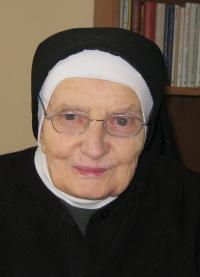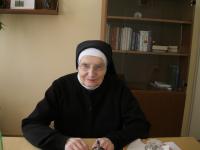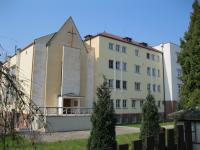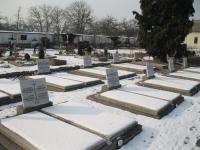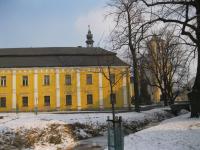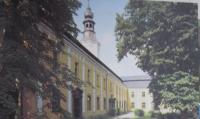None of us left, we clung on like leeches
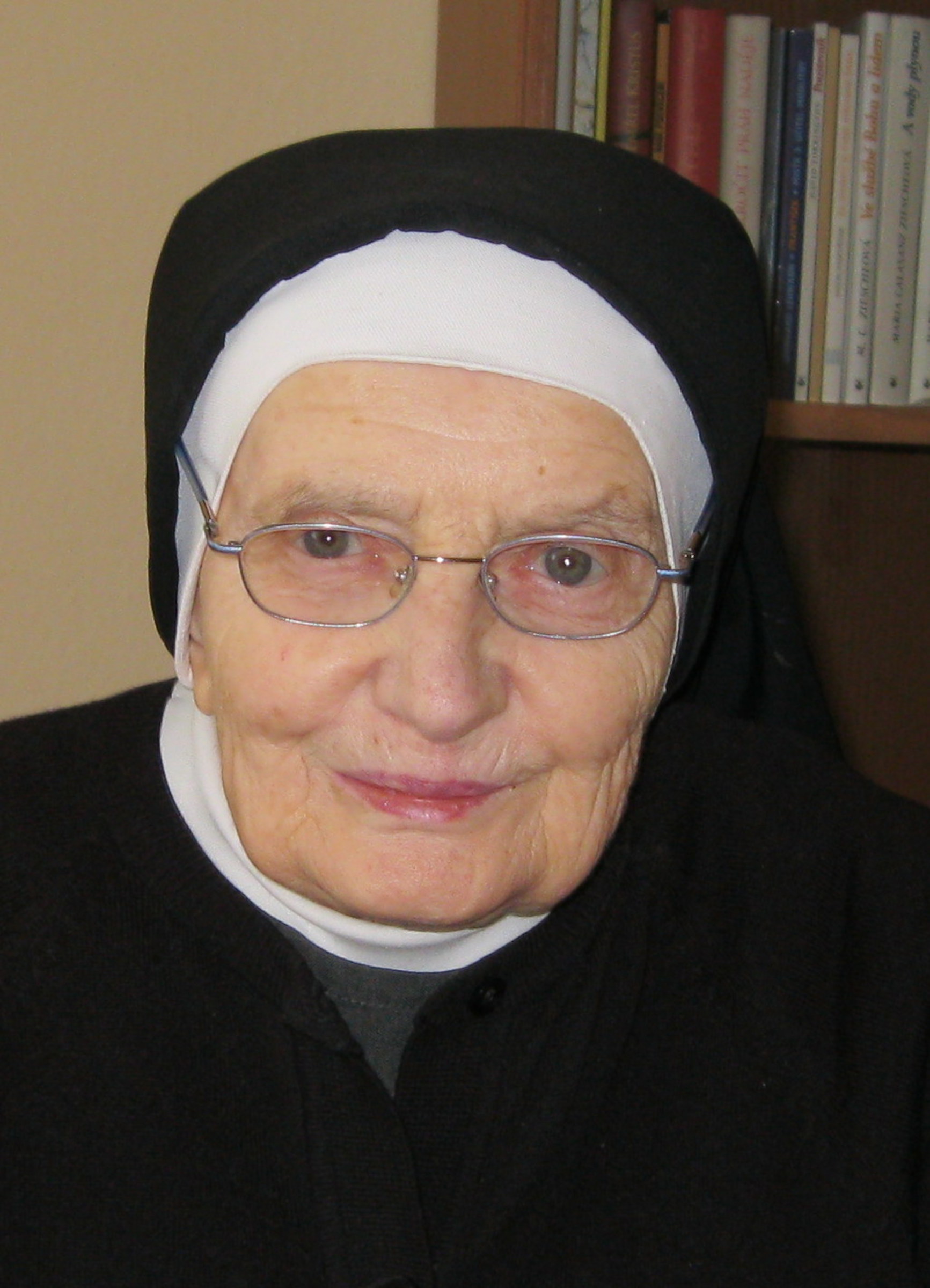
Download image
Jaroslava Smolková, known by her monastic name as Sister Egidie, was born on 26 August 1924 in the small village of Lipová in the area between Valašské Klobouky and Zlín. Jaroslava had a difficult childhood. She came from a poor family, and when she was ten, her mother died. Together with her one-year-older sister she had to take care of both the household and her younger siblings. Her father did his best to ensure a sufficient income for the family, and seasonal work thus kept him away from home for days on end. Having been born in 1924, Jaroslava was placed into forced labour in Germany in 1944. She spent ten months in the Reich, working in factories and digging trenches. She returned home shortly before the end of the war. After the liberation she decided for a life in the service of God, and she joined the Congregation of the Sisters of Mercy of the Holy Cross. She took up the monastic name of Egidie, and on 14 March 1949 she took her holy vows. After the Communists came to power, most of the nuns in the congregation were deported to a “centralisation” monastery in Bohosudov. Sister Egidie and several other nuns were allowed to stay as nurses at the hospital in Ostrava. But they were under strict supervision, and Communist functionaries incessantly approached them to try to persuade them to abandon their order. Sister Egidie was forced to relocate numerous times. She served as a nurse at the hospital in Ostrava, at a priests’ house in Senohraby, and a care home in Červená Voda. In 1978 she moved to Bílá Voda, where she remained until 1993. She died on 13 December 2014 in the convent of the Sisters of Mercy of the Holy Cross in Kroměříž.
